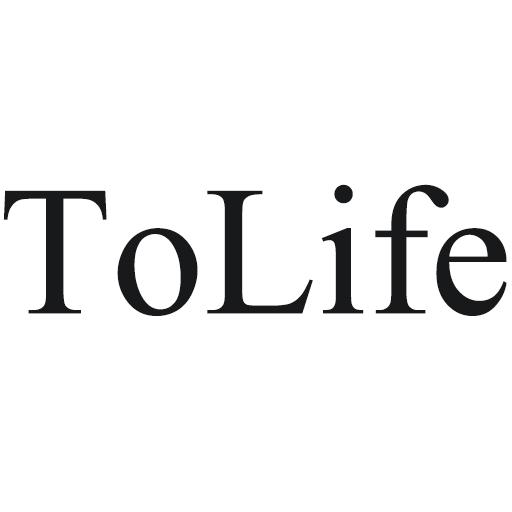Flexible Learning: Finding the Right Fit for Your Science Education
Introduction
In the world of science, collaboration and networking are essential for personal and professional growth. Building a strong community of like-minded learners and professionals creates opportunities for sharing knowledge, resources, and experiences. This article explores the significance of community in science education and how programs like ToLife foster networking and support among students.

Types of Learning Formats
One of the most effective ways to build a community in science is through collaborative projects. By working together on research initiatives or group assignments, students can pool their knowledge, skills, and perspectives. This collaboration not only enhances learning but also fosters lasting relationships that can extend beyond the classroom.
Seminars and Workshops
Attending seminars, workshops, and conferences is crucial for networking in the scientific community. These events provide opportunities for students to meet professionals, learn from experts, and engage in discussions about current research trends and innovations. Networking at these events can lead to valuable connections and potential career opportunities.
Mentorship Programs
Mentorship is a cornerstone of community building in science education. Programs that pair students with experienced mentors offer invaluable support and guidance. Mentors can provide insights into career paths, share their experiences, and help mentees navigate academic challenges while fostering a sense of belonging within the scientific community.

Benefits of a Supportive Community
Knowledge Sharing
A strong community encourages knowledge sharing among its members. Students can learn from each other’s experiences, exchange ideas, and gain new perspectives on scientific concepts and challenges. This collaborative environment enriches the learning experience and promotes a culture of inquiry.
Emotional Support
Pursuing a career in science can be challenging and sometimes isolating. Being part of a supportive community provides emotional support during difficult times, helping students feel less alone in their academic journeys. Whether it’s celebrating successes or navigating setbacks, community members can provide encouragement and understanding.
Access to Resources
Networking within a community opens doors to a wealth of resources. Students can gain access to research opportunities, internships, job openings, and academic materials through connections made within their network. This access can significantly impact their academic and professional trajectories.
ToLife’s Community Initiatives
Moartina Mlaia
At ToLife, we prioritize building a strong community among our students. Here are some of the initiatives we implement to foster networking and collaboration:
Student Organizations
ToLife encourages the formation of student-led organizations focused on various scientific disciplines. These organizations provide a platform for students to collaborate on projects, organize events, and create networking opportunities within their fields of interest.
Networking Events
ToLife hosts regular networking events, including guest speaker seminars, panel discussions, and informal meet-and-greets. These events allow students to connect with professionals in the field, learn about different career paths, and expand their networks.
Collaborative Research Opportunities
ToLife actively promotes collaborative research opportunities, encouraging students to work together on scientific projects. This not only enhances learning but also fosters teamwork and camaraderie among peers.
Conclusion
Building a strong community is vital for success in the field of science. Networking provides students with invaluable opportunities for collaboration, knowledge sharing, and emotional support. At ToLife, we are committed to fostering a vibrant community where students can connect, learn, and grow together. By engaging in community initiatives and actively participating in networking opportunities, students can enhance their educational experiences and prepare for successful careers in science. Embracing the power of community not only enriches their academic journeys but also lays the foundation for future collaborations and advancements in the scientific field.






Nam eget blandit diam, imperdiet condimentum neque. Donec risus nisi, aliquet a commodo ac, elementum vitae leo.
Mauris scelerisque non ante et ultrices. Donec sit amet sem lobortis